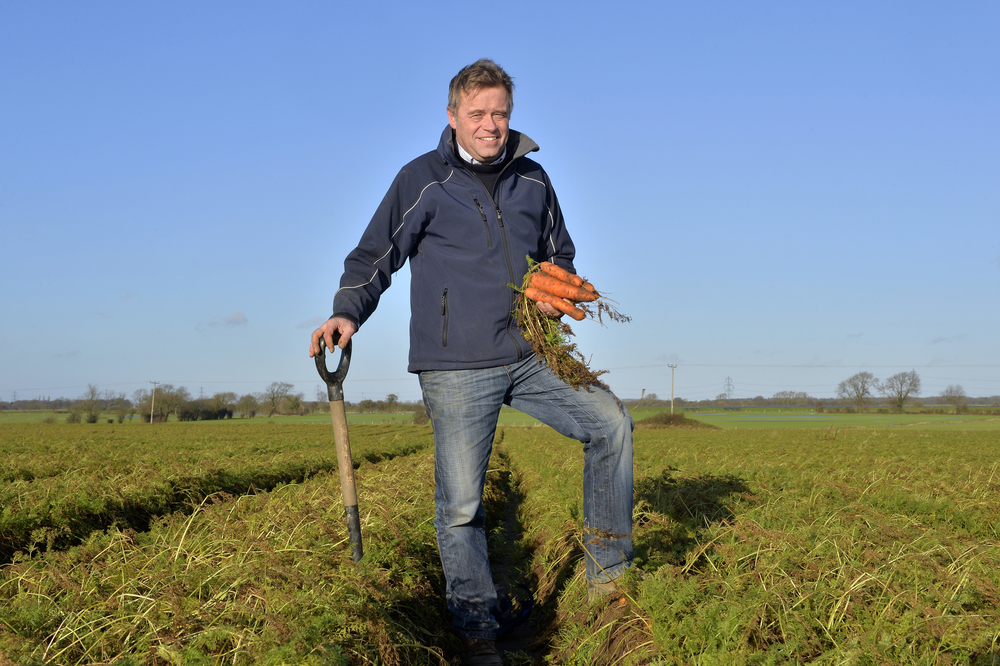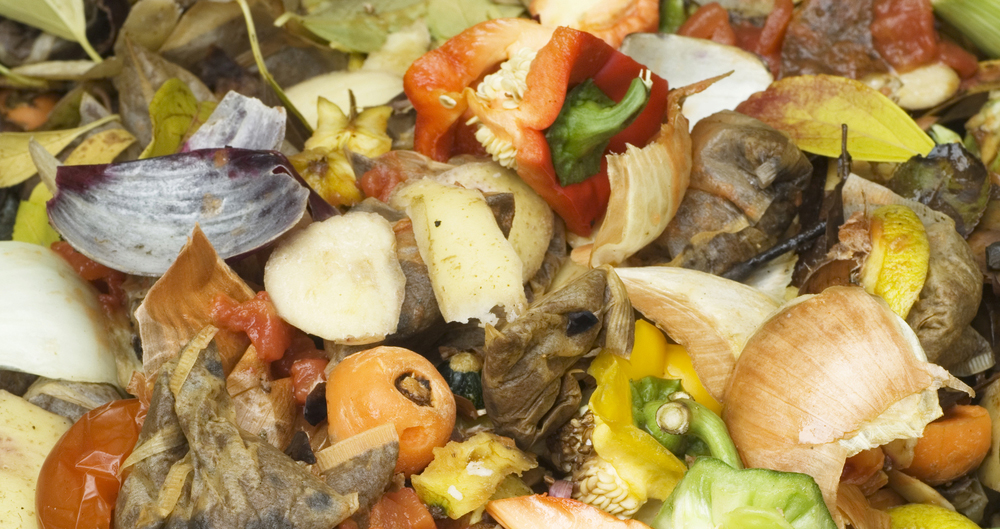The UK’s first ever Food Waste Action Week takes place 1-7 March, run by sustainability charity WRAP. The aim is to bring together citizens and organisations from retail, manufacturing, local government, hospitality and across industry to demonstrate the impact of wasted food on people, on business, and on the planet.
Case study: How MH Poskitt is reducing food waste
NFU member MH Poskitt, a family-owned farming business based in the East Riding of Yorkshire, specialises in growing root vegetables for leading supermarkets.
The business produces more than 50,000 tonnes of carrots every year and has developed a in-house business to utilise second grade crops, cut costs and help the environment at the same time.
Early season carrots start in mid-June and late season carrots start in Scotland in early May enabling the business to supply British carrots year round.
The operation grows, washes, packs and distributes all their carrots from one site enabling them to control all aspects of production. This integrated approach to production and processing reduces the amount of on-farm food wastage.
Any carrots which fall out of supermarket specification can go into the following markets:
- Grated carrot
- Sliced carrot
- Batons
- Ready meals
- Bagged salad
- Coleslaw

Guy Poskitt, managing director (pictured above) at MH Poskitt said:
“By bringing the preparation side of the business in-house ten years ago we were able to cut costs and help the environment at the same time. Camera graders also help to utilise second grade crop. The business now dices, slices and grates some of the carrots for the pre-packaged market which means they can also use more of the crop and reduce wastage.”
Alternative uses for fruit and vegetable crops include:
- Selling at a lower grade for processed food
- Selling at markets, farm shops etc. where appearance standards are more relaxed
- Selling crops for animal feed
- Ploughing back into the soil to provide nutrients and organic matter
- Investing in treatment technologies such as composting and anaerobic digestion which produces a soil amendment/fertiliser and (in the case of AD) bioenergy.
More from NFUonline:
